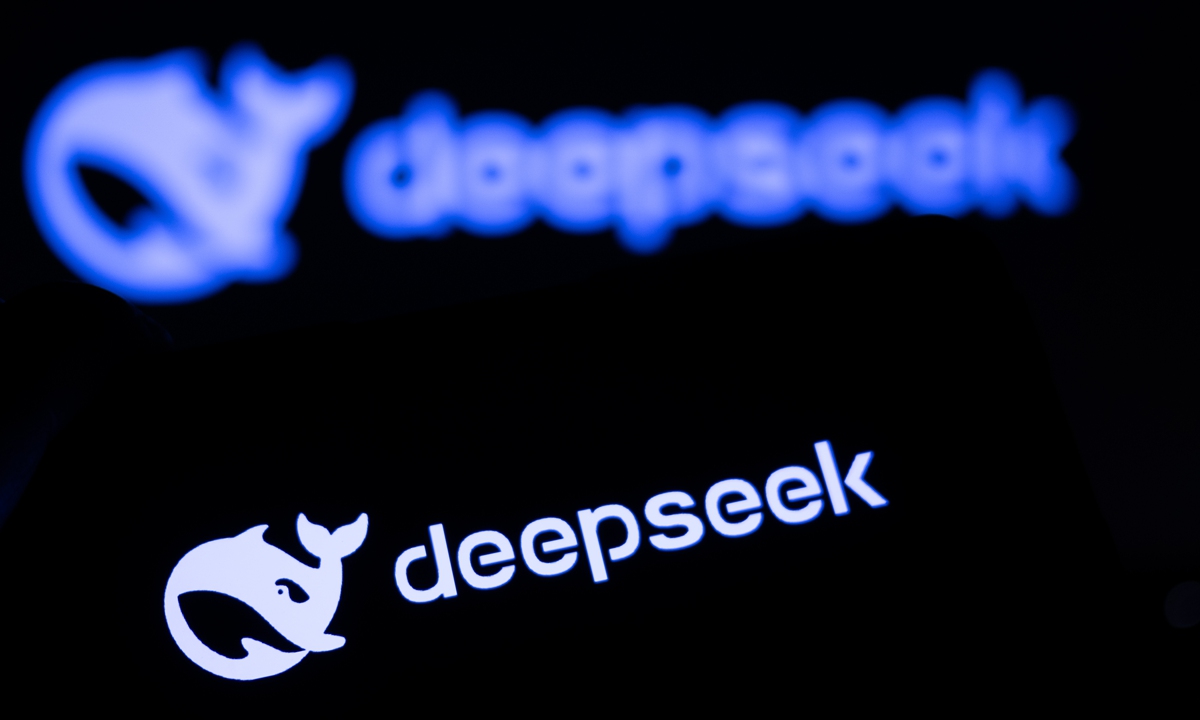Various Banks Launch DeepSeek AI Models for Enhancing Customer Service and Credit Approval Processes

The Rise of DeepSeek AI in China’s Banking Sector
Introduction to DeepSeek AI Models
China’s banks are rapidly adopting DeepSeek artificial intelligence (AI) models for various applications. Major financial institutions, including state-owned and joint-stock banks, are integrating this technology into their operations. These AI models aim to enhance customer service, improve operational efficiency, and streamline credit approval processes.
ICBC: Leading the Way in AI Implementation
The Industrial and Commercial Bank of China (ICBC), the nation’s largest commercial bank, is spearheading the deployment of the latest DeepSeek AI model. Recently, ICBC announced successful local integration of the open-source model into its extensive model framework. This framework utilizes a multi-layered approach combining multi-modal perception with collaborative functionality across over ten large models and more than 2,000 traditional ones.
Benefits of AI at ICBC
- Enhanced Operations: The integration of large language models has been applied to over 20 key business areas, resulting in more than 200 practical applications.
- Product Innovation: ICBC has introduced the ChatDealing system, transforming the trading process and boosting transaction volumes significantly.
- Credit Approval Solutions: ICBC has also created a specialized risk control assistant for the credit approval process. This tool aids in policy inquiries, report writing, risk assessments, data analytics, and loan approval suggestions.
Other Banks Following Suit
In February, the Postal Savings Bank of China announced its use of the DeepSeek-V3 model along with the lighter DeepSeek-R1 inference model. This was a move to enhance their AI Assistant’s capabilities, providing better service through logical reasoning and personalized solutions. The focus on deep analysis allows the bank to accurately identify user requirements, thereby improving efficiency and response times.
Partnerships and Collaborations
Similarly, the Shanghai Pudong Development Bank has implemented the DeepSeek-R1 model, enhancing functions such as intelligent Q&A, financial analyses, and report generation. This integration showcases the continuing trend of banks leveraging AI for improved service quality and operational efficiency.
The Impact of DeepSeek AI on Banking Operations
The adoption of DeepSeek AI models is transforming banking operations. According to Wang Peng, a research associate at the Beijing Academy of Social Sciences, this technology positively impacts business efficiency and service quality. The improved decision-making processes enhance risk management capabilities and foster business innovation.
Challenges and Considerations
While the benefits are clear, there are challenges associated with the integration of DeepSeek models. The high sensitivity of customer information raises concerns about data security. Given that these AI models require large data sets for training, there is an increased risk of data leakage.
Wang emphasizes the importance of ensuring compliance with regulations throughout the development, training, and application of these AI models. Furthermore, banks should invest in developing visualization tools to improve the interpretability of the decision-making processes involved with AI.
Importance of Talent Development
To keep pace with the rapid evolution of AI technologies, banks need to focus on training their staff. Systematic programs must be established to enhance technical skills and ensure that personnel can effectively utilize new models. Improving internal capabilities is essential for maximizing the potential of AI innovations in banking.
Conclusion
The integration of DeepSeek AI models in Chinese banks illustrates a significant shift towards a technology-driven future in finance. These developments not only enhance operational efficiency and service quality but also present challenges such as data security and the need for skilled personnel. As AI continues to advance, banks must navigate these complexities while leveraging the benefits that come with intelligent technology.





